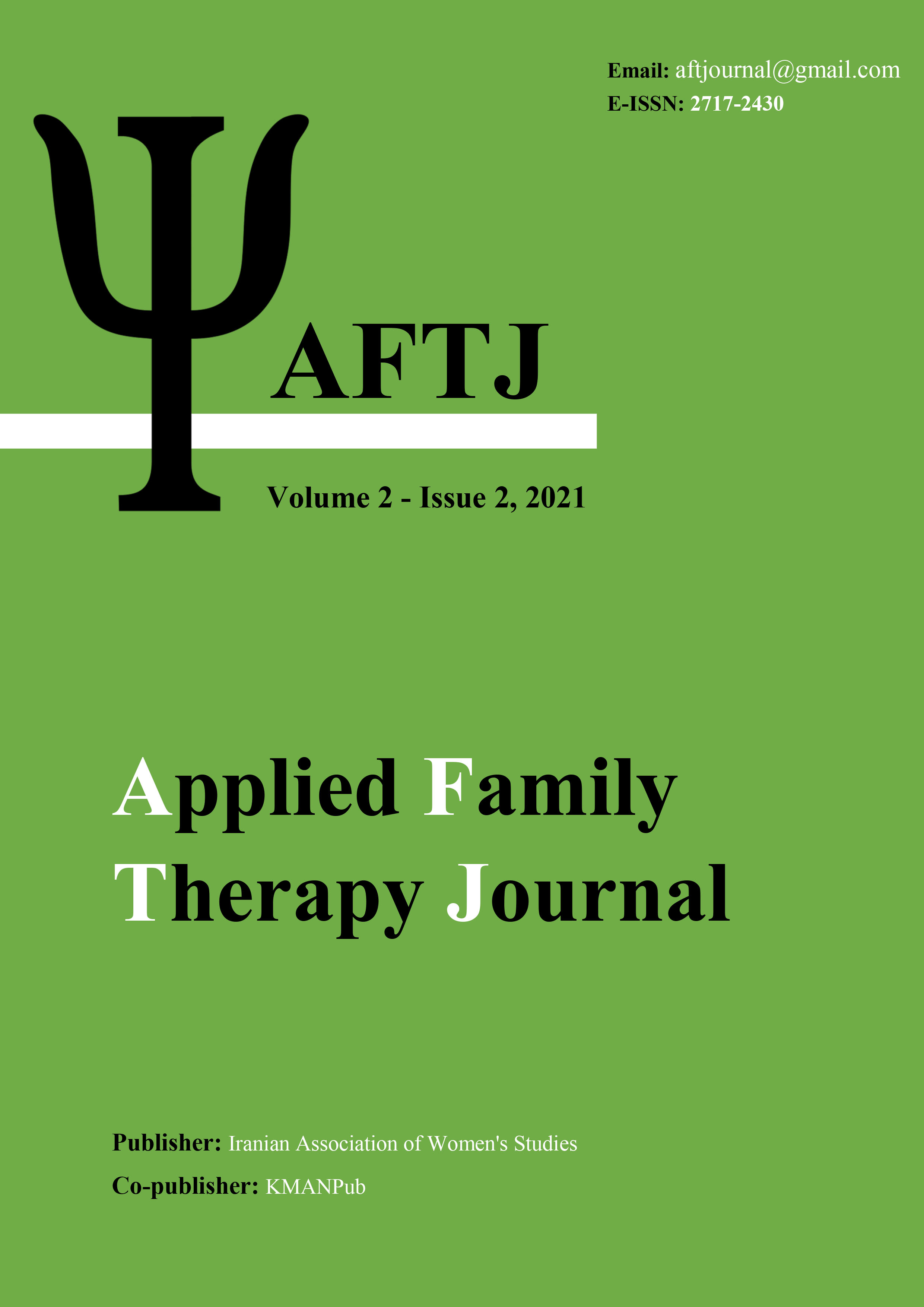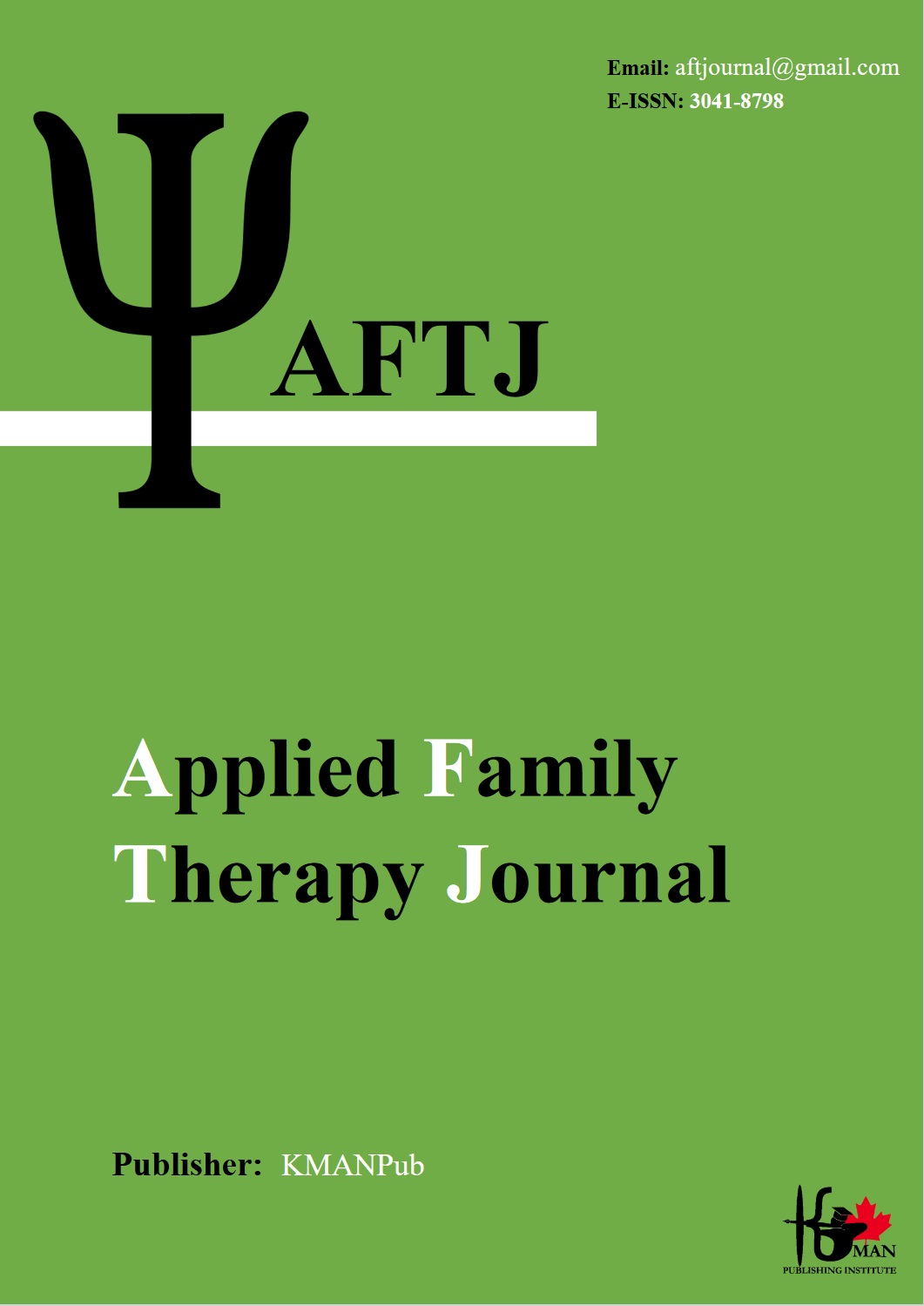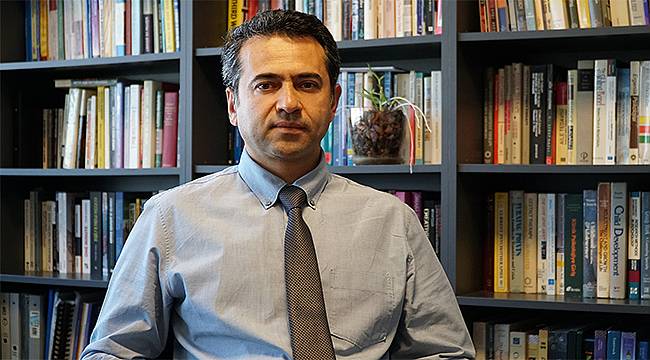Developing and Examining the Causal Model of Academic Achievement of Primary School Students Based on Parents' Motivations for Involvement with the Mediating Role of Parental involvement in School Affairs
Keywords:
Parents' motivation for involvement Parental involvement in school affairs Academic achievementAbstract
Aim: The present study aimed to examine a causal model to investigate the relationship between parents' motivations for involvement and academic achievement with the mediating role of parental involvement in school affairs. Methods: The present study was descriptive and its statistical population consisted of all parents and sixth-grade students at public primary schools of Lorestan province in the academic year of 2019-2020. From the population, 768 individuals including 384 parents (69 males, 315 females), and 384 students (200 males, 184 females) were selected as target samples by multi-stage random sampling. Data were collected using the Parental Involvement Tool by Strickland (2015), the School-Based Parental Involvement tool by Park & Holloway (2017), and the researcher-made academic achievement test, and they were analyzed using SPSS and AMOS. Results: The results of structural equation modeling (SEM) indicated a positive and significant role of parents' motivations for predicting parental involvement in school affairs and academic achievement (P= 0.01). Furthermore, parental involvement in school affairs directly and positively predicted academic achievement (P=0.01), The results of the indirect analysis indicated that parental involvement in school affairs played a positive mediating role in the relationship between parents' motivation for involvement and academic achievement (P=0.01). Conclusion: The results indicated that there was a mediating effect of parental involvement in school affairs in the relationship between parental motivation for involvement and academic achievement. The proposed model was suitable for predicting academic achievement among primary school students. The practical implications of the findings and potential suggestions for further research are also discussed.
Downloads
Downloads
Published
Issue
Section
License

This work is licensed under a Creative Commons Attribution-NonCommercial 4.0 International License.























